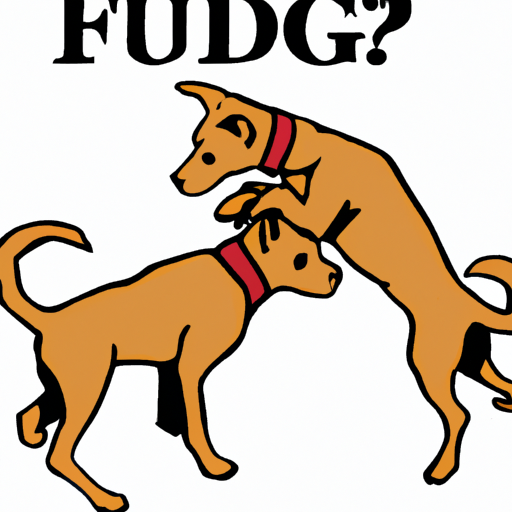As a caregiver, you’re likely to encounter moments of conflict between dogs. Understanding the reasons behind these clashes can give you the tools to prevent them, or at least manage them when they occur.
Understanding Canine Communication
Your first step is to understand the language of dogs. Canines, like us, have a complex range of emotions and ways to express them. But unlike us, they don’t use words. They use their bodies.
- Posture: A dog’s stance can indicate a lot about their emotional state. An aggressive or fearful dog might stiffen their body, raise their tail, and prick their ears.
- Sounds: Growls, barks, whines, and howls all have different meanings in the dog world.
- Facial Expressions: Dogs express a lot with their faces. Wide eyes, bared teeth, or a wrinkled brow can all indicate stress or aggression.
Common Triggers for Dog Fights
There are several common triggers for dog fights:
- Resource Guarding: This could be food, toys, a favorite spot, or even a favorite person.
- Territorial Behavior: Dogs are naturally territorial animals. An unfamiliar dog entering their space can trigger aggression.
- Fear or Stress: A stressed or frightened dog is more likely to lash out.
Preventing Dog Fights
Understanding these triggers can help you prevent fights before they happen. Here are some strategies:
- Provide Enough Resources: Make sure there are plenty of toys, beds, and food bowls to go around.
- Create Safe Spaces: Each dog should have a safe, quiet place they can retreat to when they need to.
- Monitor Interactions with New Dogs: Introduce new dogs slowly and in a neutral space.
Managing Fights When They Happen
Despite your best efforts, fights may still happen. Here’s what to do:
- Don’t Panic: Your anxiety can make the fight worse. Stay calm and focused.
- Don’t Physically Intervene: You could get hurt. Use a loud noise or water spray to break up the fight.
- Seek Professional Help: If fights are frequent or severe, consider seeking the help of a certified dog behaviorist.
FAQ
Q: Why did my dogs suddenly start fighting?
A: Changes in the environment, stress, or health issues can trigger sudden aggression.
Q: Can dogs that fight ever get along again?
A: Yes, with careful management and possibly professional help, dogs can learn to tolerate each other again.
Q: Should I punish my dogs for fighting?
A: Punishment can escalate aggression. Instead, focus on prevention and positive reinforcement.
Q: Do dogs fight to be the ‘alpha’?
A: The idea of ‘alpha’ dogs is outdated. Dogs may fight over resources or out of fear, not to establish dominance.
Q: How can I train my dogs not to fight?
A: Focus on teaching good manners and impulse control, and provide plenty of mental and physical stimulation to reduce stress.



